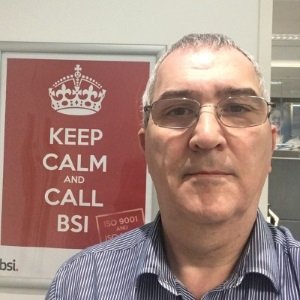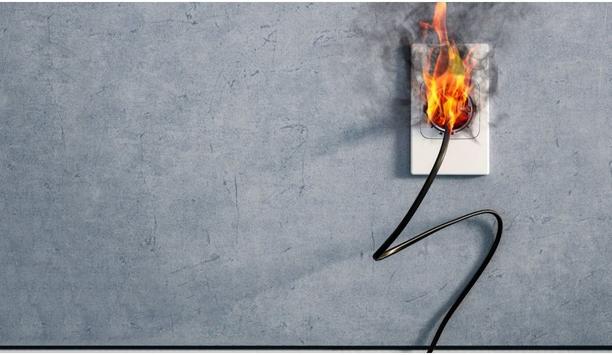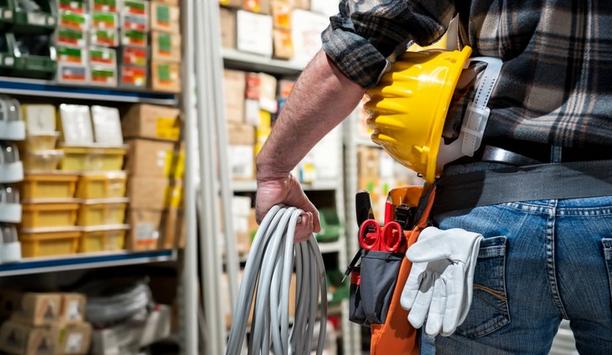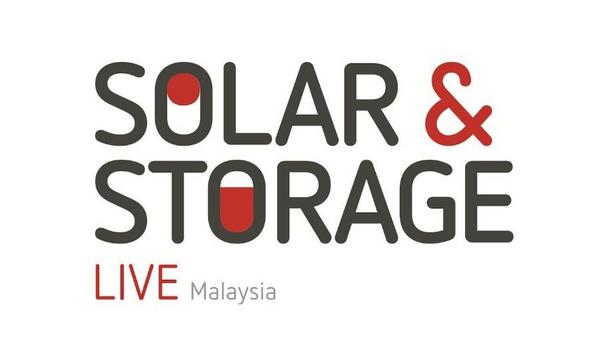The United Kingdom has been creating its own set of regulations on product safety and performance in the last several years. Before Brexit in 2020, regulations of product standards in the United Kingdom had been aligned with the European Union since 1974.
Emblematic of that alignment was the use of the traditional CE mark on a variety of manufactured goods throughout the European Union, including the UK. Along with Brexit came the need to create a UK-only mark that served a similar purpose to the customary CE mark. Formation of the UKCA mark followed, indicating conformity with the applicable requirement for products sold in Great Britain.
Represent diverging paths
However, transitioning to the new mark has not been easy, and the government has delayed the deadline four times on the path to implementation. Economic issues and the global pandemic were among the factors contributing to the delays. As it stands now, as of Jan. 1, 2023, new products sold in the United Kingdom must use the new UKCA mark. Existing products have five more years to complete the transition, by 2027.
Existing products have five more years to complete the transition, by 2027
Along with the new UKCA mark comes a new framework of standards and regulations on hundreds of products. Initially, the new framework is almost identical to the EU regulations relating to the CE mark. However, as time passes, the two marks will represent diverging paths reflecting the differing priorities in the EU and the UK. For example, the EU will focus more on environmental issues and sustainability, while the UK will shift its focus to fire safety, driven by changing trends after the Grenfell Tower disaster.
Factor slowing implementation
For electrical equipment, the CE mark has historically been awarded to manufacturers based on their ‘self-declaration’ that they have evidence of the product's conformity to requirements. Because certification of these products does not require testing, the transition from the CE to the UKCA has been largely a matter of adding the new mark. However, the regulations may diverge over time.
A factor slowing implementation of the UKCA mark has been fewer ‘approved bodies,’ companies that can evaluate products and manufacturers and award the mark. Currently there are only four approved bodies in the United Kingdom, far fewer than the 48 ‘notified bodies’ previously available to award the CE mark. The lower capacity could cause bottlenecks as the 2023 deadline approaches.
Making genuine mistake
The UK’s Office for Product Safety and Standards (OPSS) enforces use of the mark
The UK’s Office for Product Safety and Standards (OPSS) enforces use of the mark. Enforcement is not particularly aggressive and mostly driven by complaints. Legal repercussions of non-compliance generally amount to a fine. The OPSS rarely takes enforcement action against a company that makes a genuine mistake. The emphasis is to provide education about the benefits of the mark.
“It’s difficult to know how many companies still need to get the mark, although thousands of UKCA certificates have been issued,” says Graham McKay, Global Head of Energy Products for BSI Group. “Companies like certainty, and many of them are taking the approach to get the certificate. We had a very big rush before the first deadline, less by the second and third (following postponements). There have been no big spikes as the new deadline approaches.”
Single product evaluation
McKay admits that some companies have delayed pursuing the required UKCA certificates because they “Hope it might all go away. The easiest solution is to get the piece of paper,” says McKay. “It’s the path of least pain.”
BSI has driven best practice in organizations around the world, working with over 77,500 clients
BSI Group is a business improvement and standards company that enables organizations to turn standards of best practice into habits of excellence. BSI has driven best practice in organizations around the world, working with over 77,500 clients across 195 countries. They have assessors in 90-plus countries to evaluate products.
Standards-related services
The company operates both inside and outside the European Union. For example, they are a ‘notified body’ in the Netherlands and can provide a company both UKCA and CE certificates in a single ‘package’ based on a single product evaluation and factory inspection. Whether a product receives the CE or the UKCA mark depends on where they want to sell their products.
British Standards Institution (BSI) is the national standards body of the United Kingdom. BSI produces technical standards on a range of products and services and also supplies certification and standards-related services to businesses. For companies not wanting to have their products retested for the UKCA mark, BSI has proactively made ‘mutual recognition’ agreements with similar organizations, including IMQ Group in Italy and DVGW in Germany. The move helps to minimize the need for duplicate or repeat testing.


















